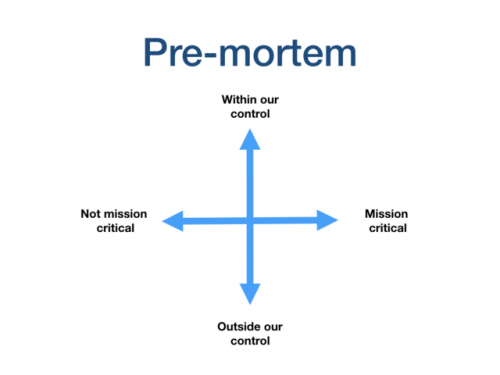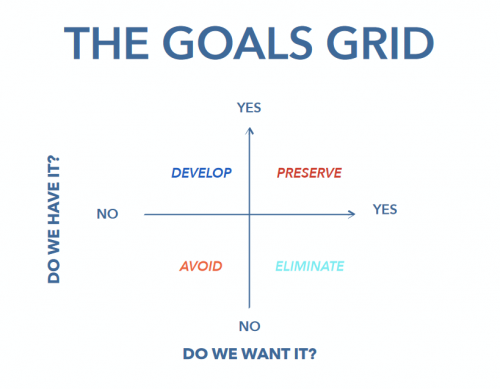
I have been working on a major revamp of my training site. During the coming weeks I will be moving all my material over into this format.
First step as always is to ensure there is a solid understanding of the Service Profit Chain that is always my foundation.
Take a look you might even be tempted to explore the service profit chain for your self – or if you know it all ready – maybe just a quick refrensher.

 “The problem is that leaders think they’re supposed to be courageous in facing the outside world, whereas what is so profoundly transformative is the courage to look at yourself.
“The problem is that leaders think they’re supposed to be courageous in facing the outside world, whereas what is so profoundly transformative is the courage to look at yourself.





